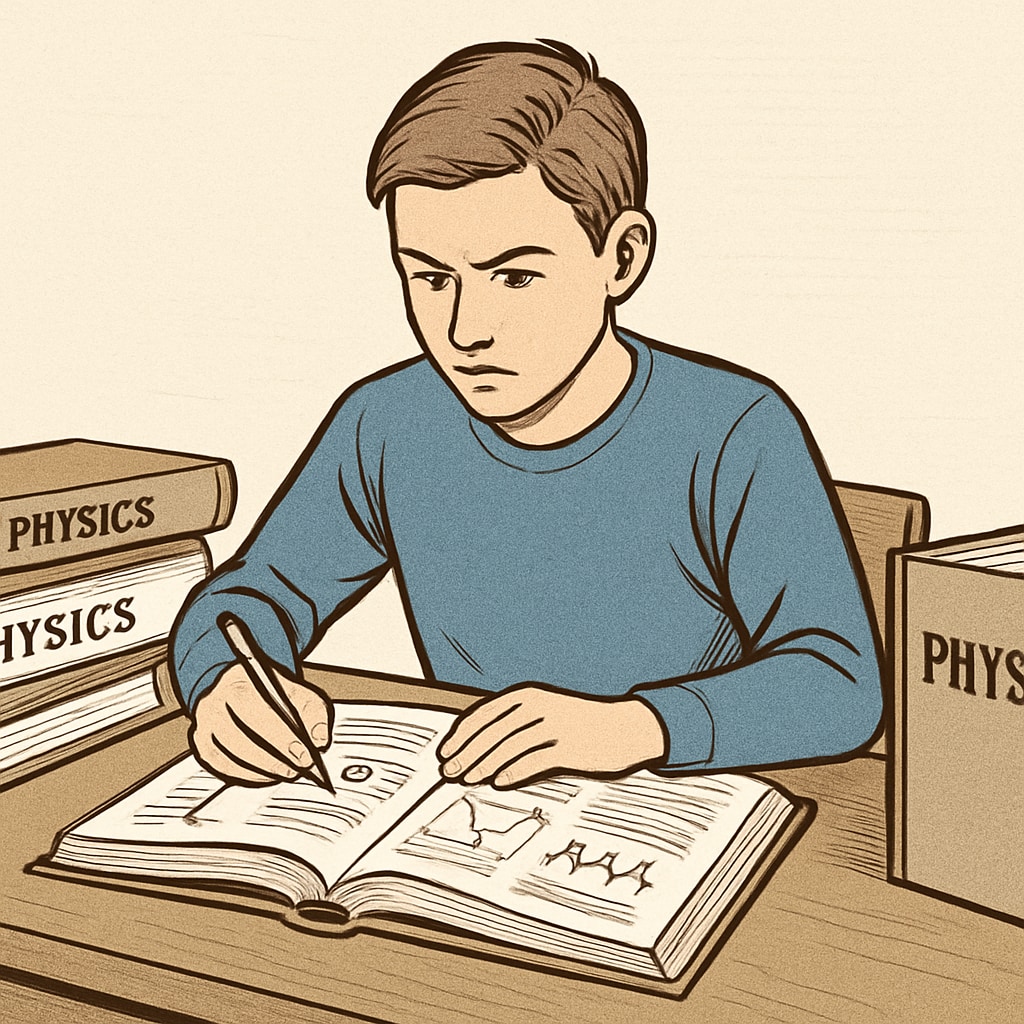Managing multiple BSc Physics backlogs can feel overwhelming, especially when juggling work, family commitments, and limited time. However, with effective time management and exam preparation strategies, it is possible to achieve your academic goals. In this article, we will explore actionable steps to clear these backlogs efficiently while maintaining a balanced lifestyle.
Understanding the Challenge of Physics Backlogs
Physics is a demanding subject that requires both conceptual understanding and problem-solving skills. Falling behind in coursework can quickly snowball, leading to multiple backlogs. For students balancing other responsibilities, such as work or family, the stress can feel insurmountable. The key to overcoming this challenge lies in structured planning, leveraging resources, and maintaining the right mindset.

Step 1: Prioritize and Assess Your Backlogs
Begin by creating a detailed list of your pending topics, assignments, and exams. Categorize them based on urgency and difficulty. For example:
- Urgent and Difficult: Topics that will appear in the next examination and require in-depth understanding.
- Urgent but Easier: Topics that can be quickly revised or require minimal effort.
- Non-Urgent: Topics that are not immediately relevant but should not be ignored in the long term.
Breaking down your backlogs into manageable chunks allows you to focus on high-priority areas first, ensuring a more efficient use of your time.
Step 2: Develop a Realistic Study Schedule
Time management is critical when preparing for exams under pressure. Create a study schedule that factors in your work and family commitments. Here are some tips:
- Set Specific Goals: Allocate specific days and hours for each backlog topic.
- Use Time Blocks: Implement techniques like the Pomodoro method (25-minute focused sessions followed by 5-minute breaks) to enhance productivity.
- Include Buffer Time: Allow extra time for unexpected events or challenging topics.
Remember, consistency is more important than intensity. Even short, focused study sessions can lead to significant progress over time.
Step 3: Utilize Resources and Tools
Leverage available resources to maximize your study efficiency:
- Online Tutorials: Platforms like Khan Academy and Coursera offer free or affordable physics courses.
- Textbooks and Guides: Focus on key chapters and summaries in trusted textbooks.
- Study Groups: Collaborate with peers to clarify doubts and share resources.
- Practice Tests: Solve past papers and mock exams to familiarize yourself with question patterns.
In addition, mobile apps like Quizlet can help you review concepts on the go.

Step 4: Stay Motivated and Manage Stress
Clearing backlogs under time constraints can be emotionally taxing. To stay motivated:
- Visualize Success: Imagine the relief and pride of overcoming your academic hurdles.
- Take Breaks: Schedule regular breaks to recharge and prevent burnout.
- Seek Support: Communicate with family, friends, or mentors about your goals and challenges.
Additionally, practice mindfulness techniques such as meditation or deep breathing to manage stress effectively. A healthy mind is essential for productive study sessions.
Step 5: Review and Adapt
As you progress, regularly review your study plan and adjust it based on your performance and remaining workload. Ask yourself:
- Are you meeting your daily study goals?
- Do you need more time for specific topics?
- Are there additional resources you can utilize?
Flexibility is crucial to maintaining momentum and ensuring that you stay on track.
Conclusion: Overcoming Backlogs with Determination
Clearing BSc Physics backlogs while managing work and family obligations is undoubtedly challenging, but it is achievable with the right approach. By prioritizing tasks, following a structured study plan, and utilizing available resources, you can make steady progress toward your academic goals. Remember, persistence and a positive mindset are your greatest assets in this journey.
For further guidance, check out this detailed resource on physics fundamentals to strengthen your core understanding.
Readability guidance: Use short paragraphs and bullet points to summarize key takeaways. Maintain a balance between technical insights and practical advice to ensure accessibility.


